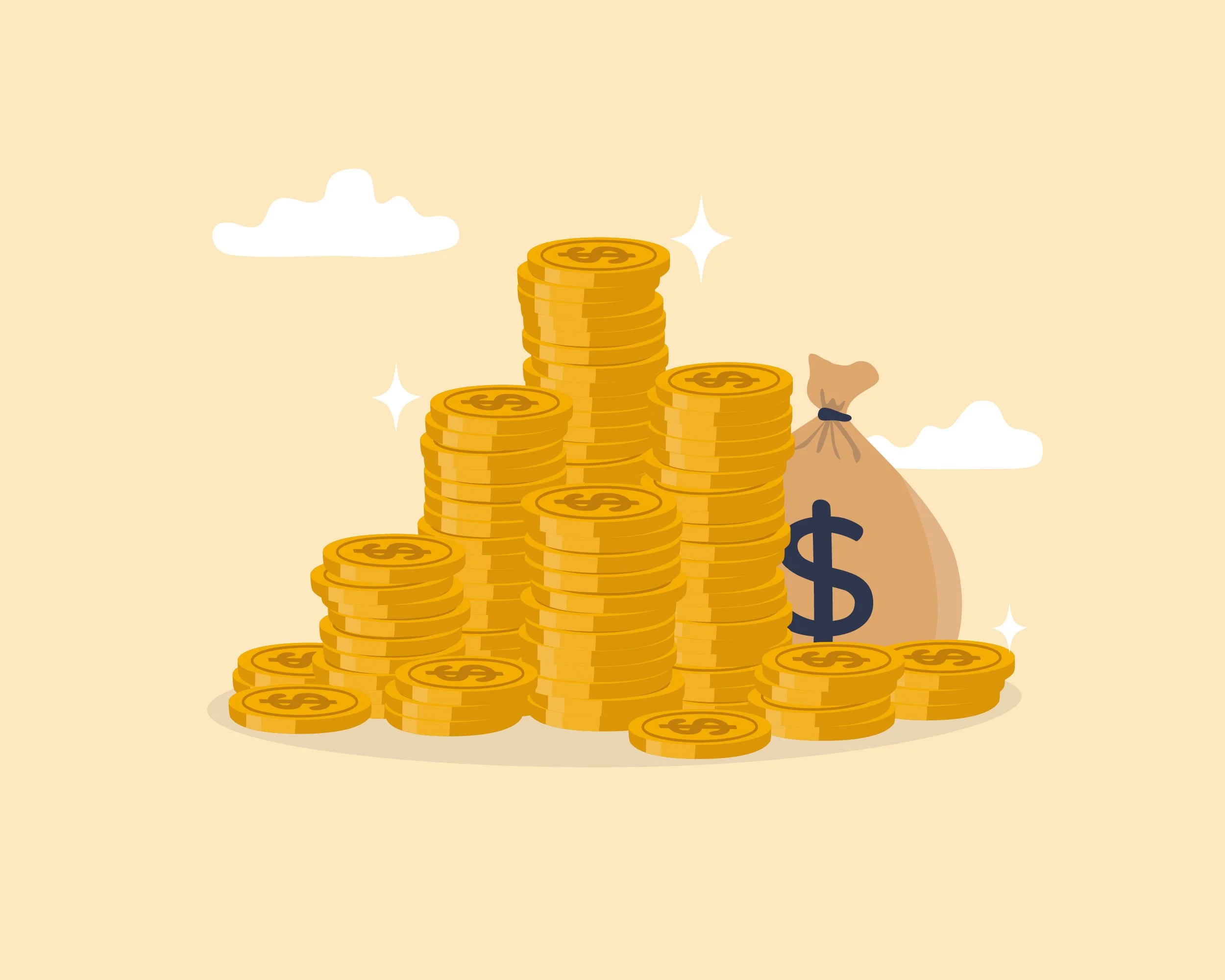Budgeting is simply making a plan for your pūtea (money). Although I meet hundreds of people who are keen, motivated and willing to do better with their money, I meet few who are “Oh yay, let’s track our spending and earning each month”. I know. I understand your reluctance, but if you want to grow your wealth, you must do what wealthy people do. And they know how much they earn and spend. So, I’m sorry, there are no shortcuts here; you’ve just got to suck it up and budget anyway. Most will come to enjoy it as I do, simply because it gives me a feeling of control over my life and removes any anxiety around my pūtea. But for some of you, it will always be a chore. So be it! Do it anyway.
All in Investment
Part 1: NET WORTH - Financial Independence Series
Welcome to the first post in a short six-part blog series. I’m crafting a collection of posts to cover critical areas that will set you on the right path with your pūtea. Part 1 focuses on ‘Net Worth’. How much wealth do you have right now? If you added it all up and subtracted what you owe, what are you worth? This can be daunting if you’ve never thought about it. However, the objective is not to objectify wealth; it’s to create a level of wealth that makes you feel comfortable and in control of your present and future.
Share Market Swing
A super quick blog post this week because I thought you might find it interesting. My last blog post, Share Market Shocker, shared that our investments had dropped $25,000 between August and October 2023. I said I’d give you an update in a year. Well, just to show how fast and volatile the share markets are, it's only been three weeks, but I have an update for you. The point of this post is to share how comfortable Jonny and I feel with these fluctuations.
The Temptation to Sign Up to Endless New Investment Products
I’m not sure what’s going on at the moment, but I’m getting a higher-than-usual amount of emails from subscribers asking me my thoughts on newly released funds. Often, people will say they are looking at funds that buy a particular sector. There are endless iterations of how you can invest your hard-earned pūtea. They will often explain what they already invest in, so it’s usually not too hard for me to see that the new funds they are asking me about are about to have them veer off in quite a different investment direction or switch to something more or less the same. Once again, the options are endless. But the point I am about to attempt to make is not WHAT they are looking at; it is that they are looking to jump on any new opportunities offered.
We now work just two days a week!
This week I thought I’d give you a quick update on our work situation this year. I have mentioned it in passing, but I think it is worth putting more detail around it so that you know a little more about how Jonny and I work, what we earn, and that our unusual situation could be an option for you too.
How to Take a Year Off and Not Starve
This week, there is intense talk about Jonny's career in our home. It has been a topic of discussion for some time now, but things are hotting up! I am encouraging him to make 2023 a “work optional” year. This blog post is not just about Jonny, though, I have a close friend contemplating the same thing, and I’ve spoken with many people of various ages and stages of life on my Phone A Friend calls who are considering a grown-up gap year too.
Weekly vs Monthly Investing?
Today I’m sharing a practical example of why it might be worth investing weekly instead of monthly and moving from Smartshares to InvestNow to enable that. I’ve met many lovely people via my blog, few more lovely than Dale and Dean. We have been emailing back and forth for three years, and they recently let me know of a significant change they have made to how they invest. With their permission, they have let me share it.
We just received a $68,082.50 windfall!
Over the last 22 weeks, Jonny and I have been doing a bit of life admin that relates to the Christchurch earthquakes. Remember them? We have been working our way through a top-up of our original insurance claim. Recently, this claim paid us out $68,082.50. It’s a significant sum of money which we were grateful to receive. Today I just wanted to share with you why we came to receive this money and what we will do with it.
What is my saving and investing rate?
Recently, a question came in via email asking, “how do you calculate your savings rate, please, Ruth?”. I thought it was a question worth elaborating on with a blog post. First up, why even take the time to work out how much you are saving? Put simply, the higher your savings rate, the faster you will have saved up enough money to retire or make going to work entirely optional.









